Secure Payment
Your transactions are 100% safe with our encrypted and verified payment system.
Shipping
Fast and reliable shipping on every order, free for orders above $50.
Delivered with Care
We pack every product carefully to ensure it reaches you in perfect condition.
Excellent Service
Dedicated support team to assist you anytime with your queries.
Our Seeds
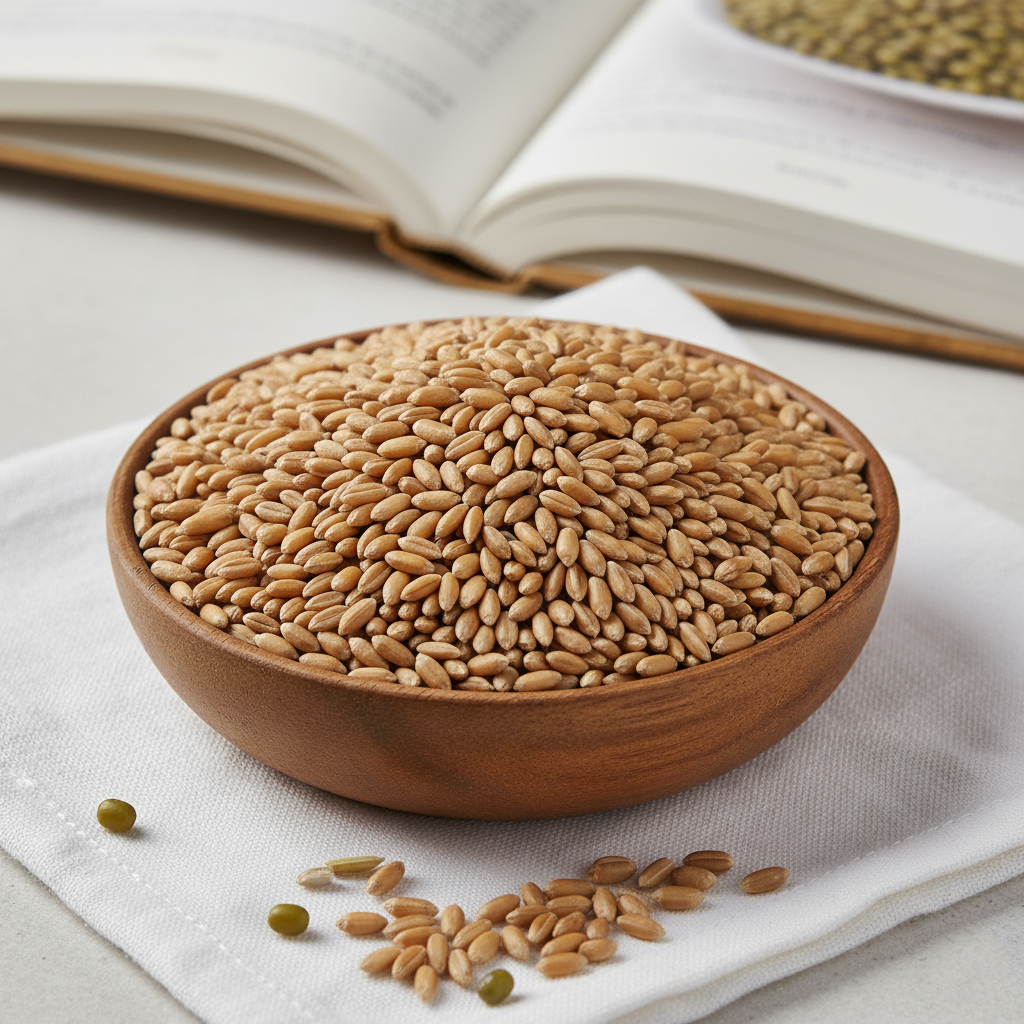
Wheat Seeds
High-yield certified wheat seeds with superior germination, strong disease resistance, and excellent grain quality—perfect for maximum productivity and profit.
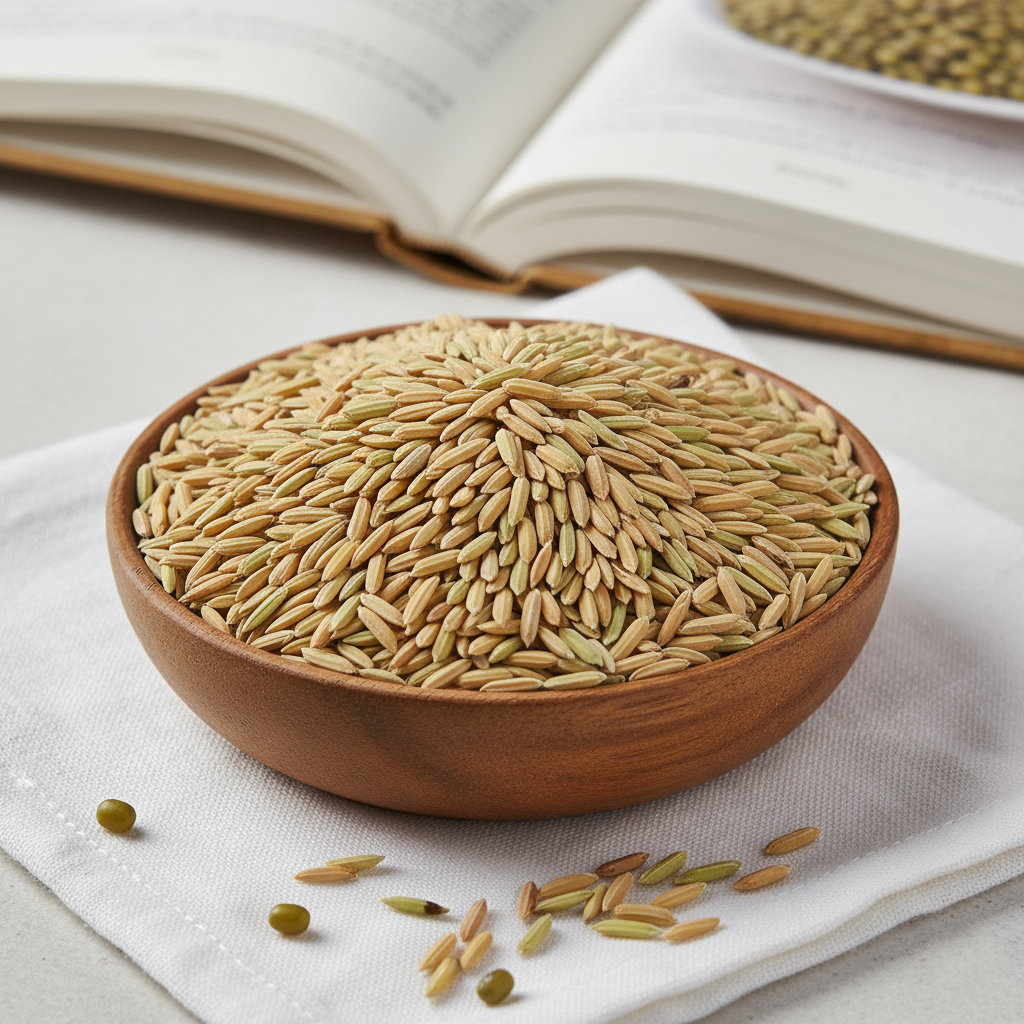
Paddy Seeds
Premium paddy seeds with high germination, uniform tillering, and resistance to pests—ideal for better yield and superior grain quality.
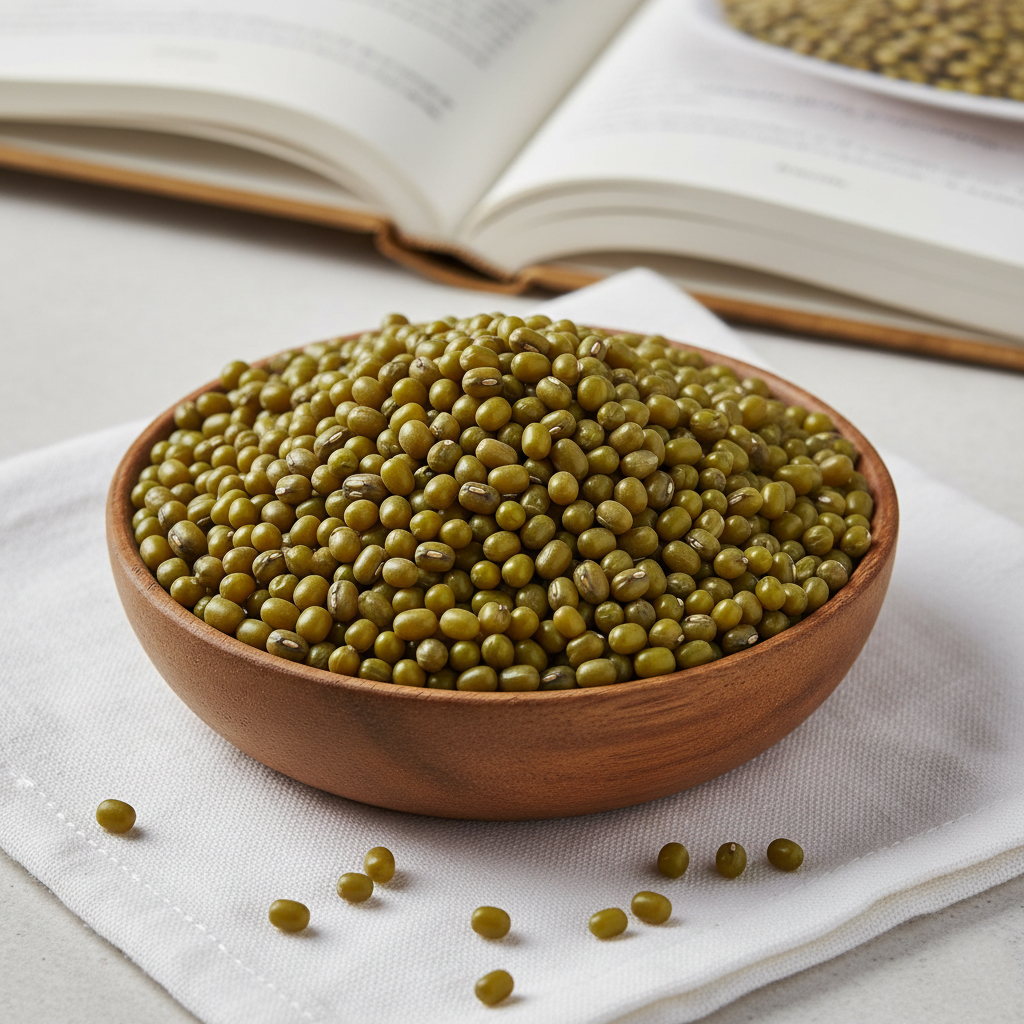
Moong Seeds
Certified moong seeds for fast growth, high yield, and excellent protein-rich grains—trusted choice for profitable farming.
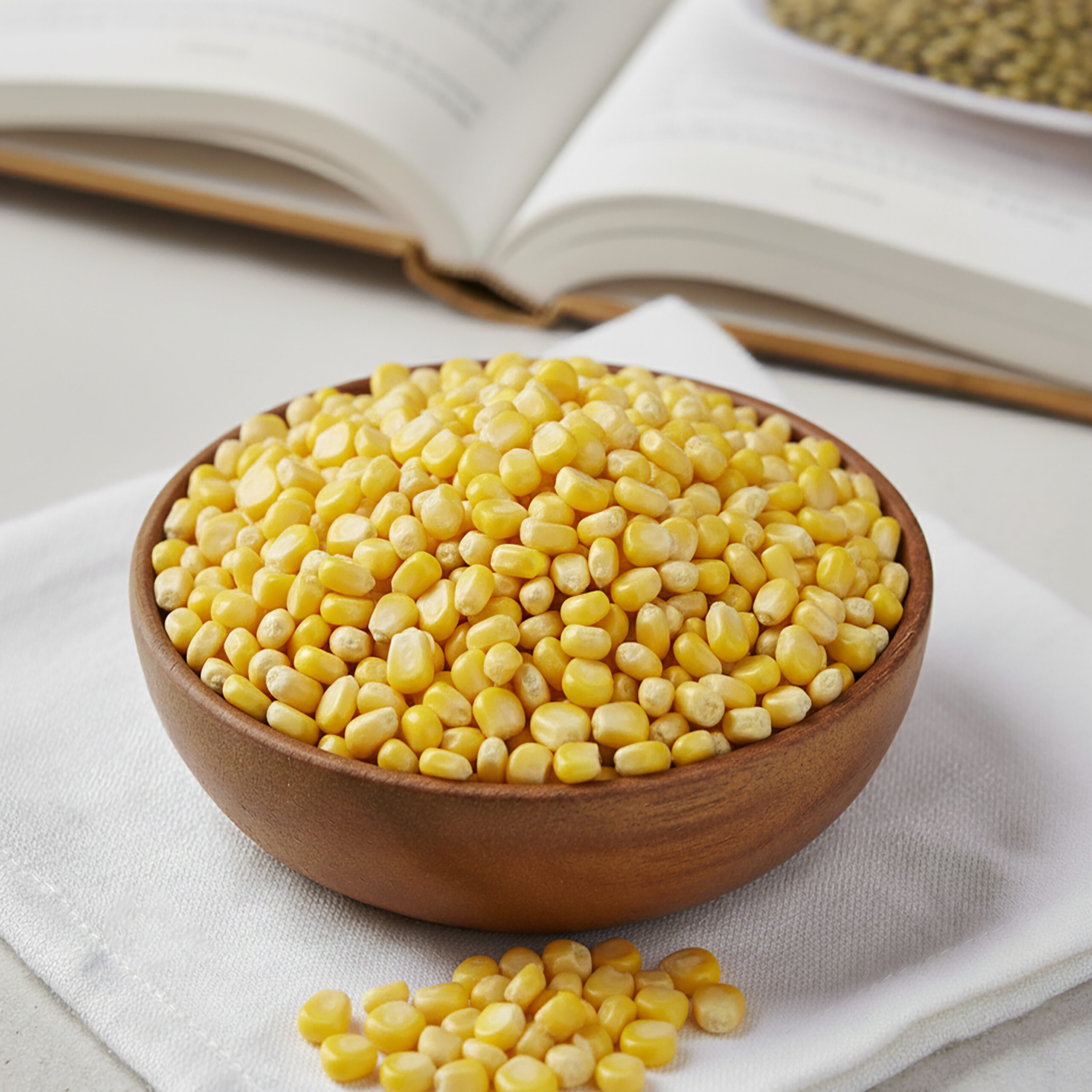
Fodder Seeds
High-quality fodder seeds for lush green, nutrient-rich feed—ensuring healthy livestock and better milk production.
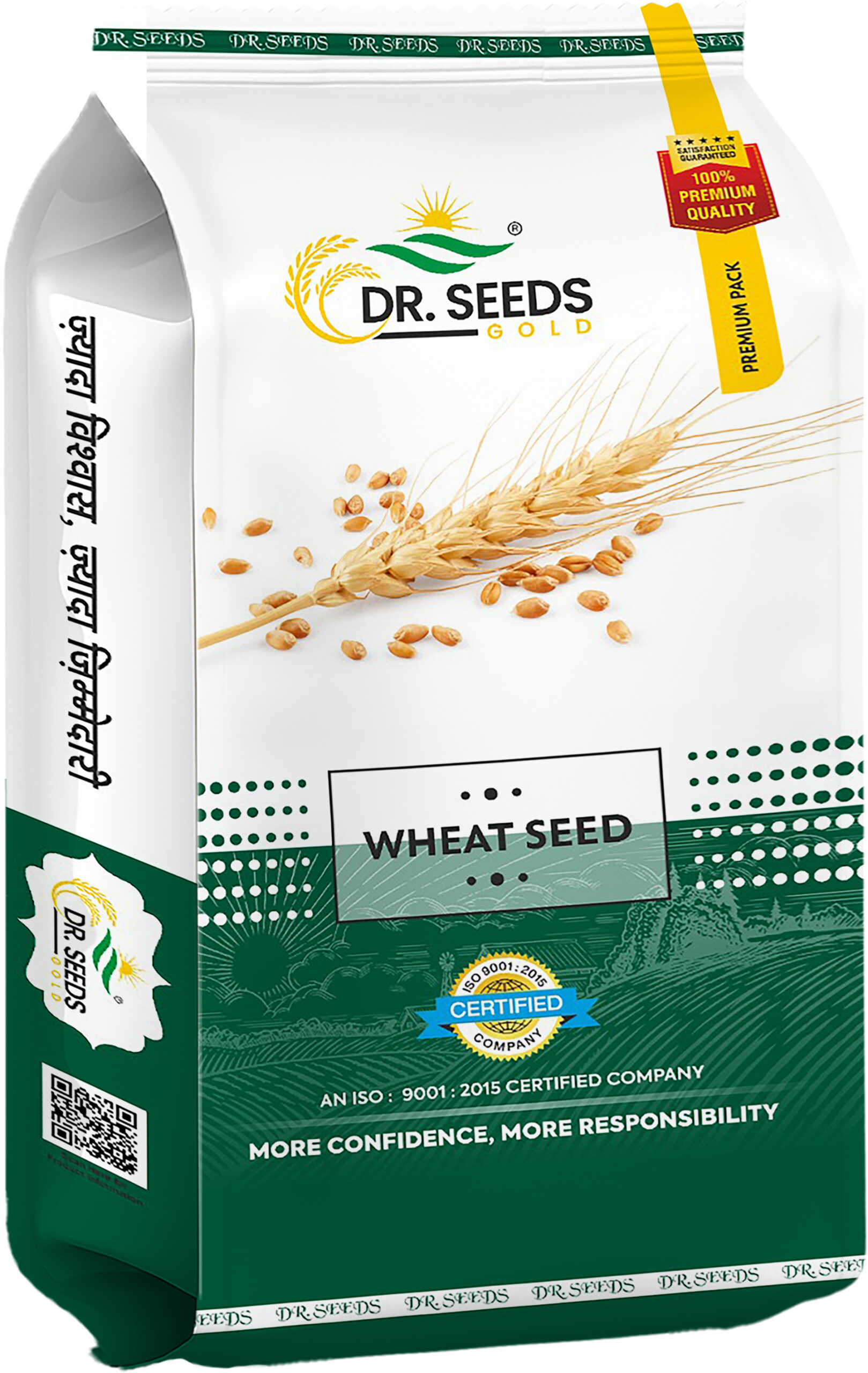
Quality you can see. Yield you can trust.
Discover our wide range of premium seeds, engineered for profitable farming & sustainable growth.
98%
Customer Satisfaction
103K
Plants Sold
Popular Products
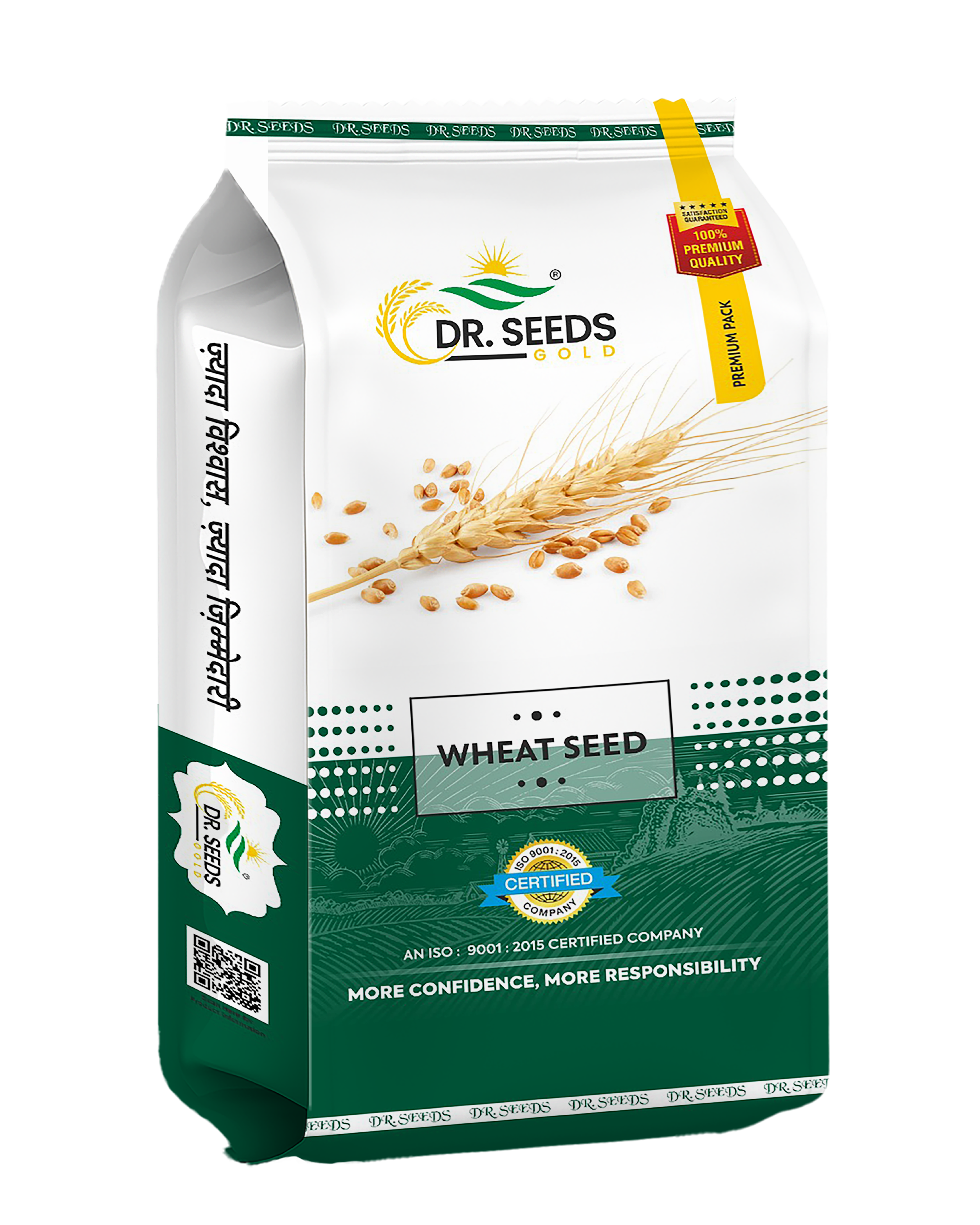
PBW-872
Matures in 145–150 days with a plant height of 100–105 cm. Sown between 25th Oct – 15th Nov. Features golden, plump grains with high yield and disease resistance. Farmers’ trusted choice – PBW-872 by Dr Seeds.

DBW-327
Lorem ipsum dolor sit amet, consectetur adipiscing elit. Ut elit tellus, luctus nec ullamcorper mattis, pulvinar dapibus leo.

PBW -826
Lorem ipsum dolor sit amet, consectetur adipiscing elit. Ut elit tellus, luctus nec ullamcorper mattis, pulvinar dapibus leo.
🌟 “Bumper Kisan Sale – Limited Time Only!” 🌟
Get up to 20% OFF on Wheat, Paddy, Moong & Fodder Seeds.
Premium quality, certified seeds at unbeatable prices.
What Our Customers Say
Discover the reasons why people loves us and become your go-to partner.



FIELD CROP SEEDS

WHEAT
Wheat is one of India’s staple crops, ranking as the second-largest producer worldwide. Wheat is grown on 13 percent of the cropped area of India. Next to rice, wheat is the most important food-grain of India. The major wheat-producing states include Uttar Pradesh, Punjab, Haryana, Madhya Pradesh, Rajasthan, and Bihar. India’s wheat production thrives mainly in the Rabi season (sown in November-December and harvested in April-May), benefiting from the cool weather and irrigation availability. The Green Revolution significantly boosted wheat yields, making India self-sufficient in food grains.

PADDY
Paddy (rice) is one of India's most important food crops, covering about one-fourth of the total cropped area and providing food to about half of the Indian population. India is the second-largest producer of rice globally, with major paddy-growing states including West Bengal, Uttar Pradesh, Punjab, Andhra Pradesh, and Bihar. But Punjab has made tremendous progress in rice productivity and production during the past 45 years. The production of paddy is highly dependent on monsoon rains, and it is mainly grown in areas with high humidity, sufficient rainfall, and a warm climate. Now Punjab has given the tittle of "Rice Bowl of India".

MOONG
The Moong dal is utilized in Indian curries. It is high in fibre and protein, other than low on fat. Although moong cultivation is done in all three seasons, it is more beneficial to cultivate moong in summer because, at this time, there is less possibility of disease in the crop. The cultivation of moong in the summer increases the amount of nitrogen in the field, so the production of other crops is also good. Moong crop is known for fixing soil nitrogen. Even if the yield drops, the benefits of nitrogen fixing of soil transfers to the next crop — which is paddy for most Punjab farmers. Apart from paddy, wheat, ridge gourd, potato, mustard, peas, sugarcane, etc., the field becomes empty in the month of March, in such a situation, the natural resources are put to good use by the cultivation of moong.
AVAILABLE VARIETIES
- HD-2851
- HD-2967
- HD-3386
- DBW-187
- DBW-222
- DBW-303
- DBW-327
- PBW-826
- DBW-371
- DBW-372
AVAILABLE VARIETIES
- PR-111
- PR-114
- PR-118
- PR-121
- PR-122
- PR-126
- PR-131
- PUSA-BASMATI
- PUSA-1121
- PUSA-1692
- PUSA-1718
- PUSA-1847
- PUSA-1885
- PUSA-1886
- PUSA-1401
- PB-1
- PB-7
AVAILABLE VARIETIES
- PRAVI-444
- PRAVI-BG-11
- PRAVI-421
- PRAVI-SR-51
FODDER SEEDS

RYE GRASS
Rye Grass is a popular fodder seed known for its high nutritional value and rapid growth, making it ideal for grazing livestock. As a cool-season grass, it thrives in temperate climates and provides a rich source of protein and fiber for cattle, sheep, and other animals. Rye Grass is often used in rotational grazing systems due to its ability to regrow quickly after cutting or grazing. It is also highly digestible, promoting healthy weight gain in animals. Farmers prefer Rye Grass for its resilience and ability to enhance soil fertility when used as a cover crop.

BARSEEM
Barseem (Trifolium alexandrinum) is a highly nutritious, fast-growing fodder crop that thrives in cool climates. As a seed producer, we offer top-quality Barseem seeds, known for their excellent forage yield and adaptability. Barseem provides rich green fodder for livestock, enhancing milk production due to its high protein content. It can be cut multiple times during its growing season, making it a valuable, sustainable fodder option. Our Barseem seeds are ideal for farmers looking to maximize feed quality and quantity while improving soil fertility through its nitrogen-fixing ability, making it an excellent choice for sustainable agriculture.

OATS / JAVI
Oats are a versatile crop grown for both human consumption and animal fodder. As a seed producer, we provide high-quality oats seeds, known for their adaptability to various climates and soil types. Oats are rich in essential nutrients and are a valuable addition to crop rotations, improving soil health and reducing erosion. For livestock, oats serve as nutritious fodder, supporting growth and milk production. Our carefully selected oat seed varieties ensure high yields, disease resistance, and excellent forage quality, making them a reliable choice for both farmers and livestock owners.

MAIZE
Maize is a highly versatile and nutritious fodder crop, essential for livestock feed due to its rich energy content and digestibility. As a seed producer, we offer high-quality maize seeds that are specially developed for optimal growth, disease resistance, and high yield. Our maize seeds ensure healthy fodder for cattle, boosting their overall productivity. Ideal for silage and green fodder, our maize varieties thrive in diverse climatic conditions and soil types. Choose our maize seeds to enhance your farm's profitability and support sustainable farming practices with reliable crop performance.
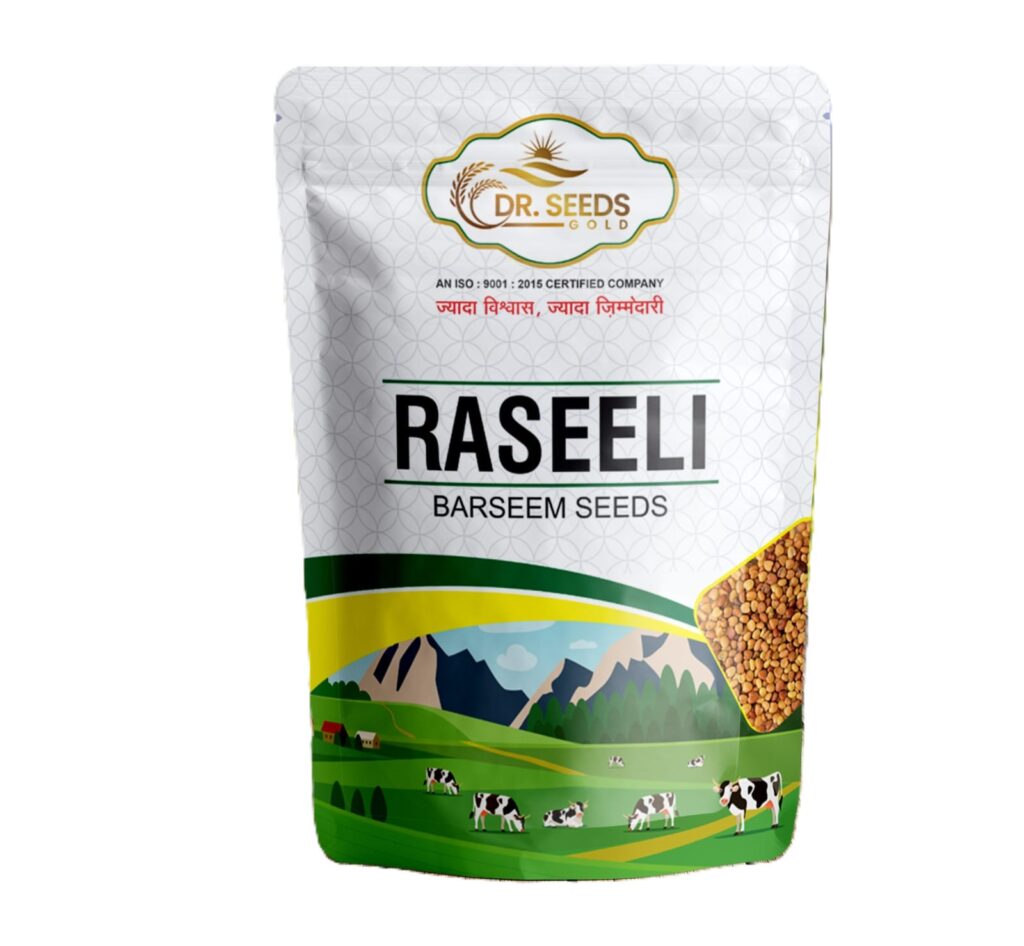
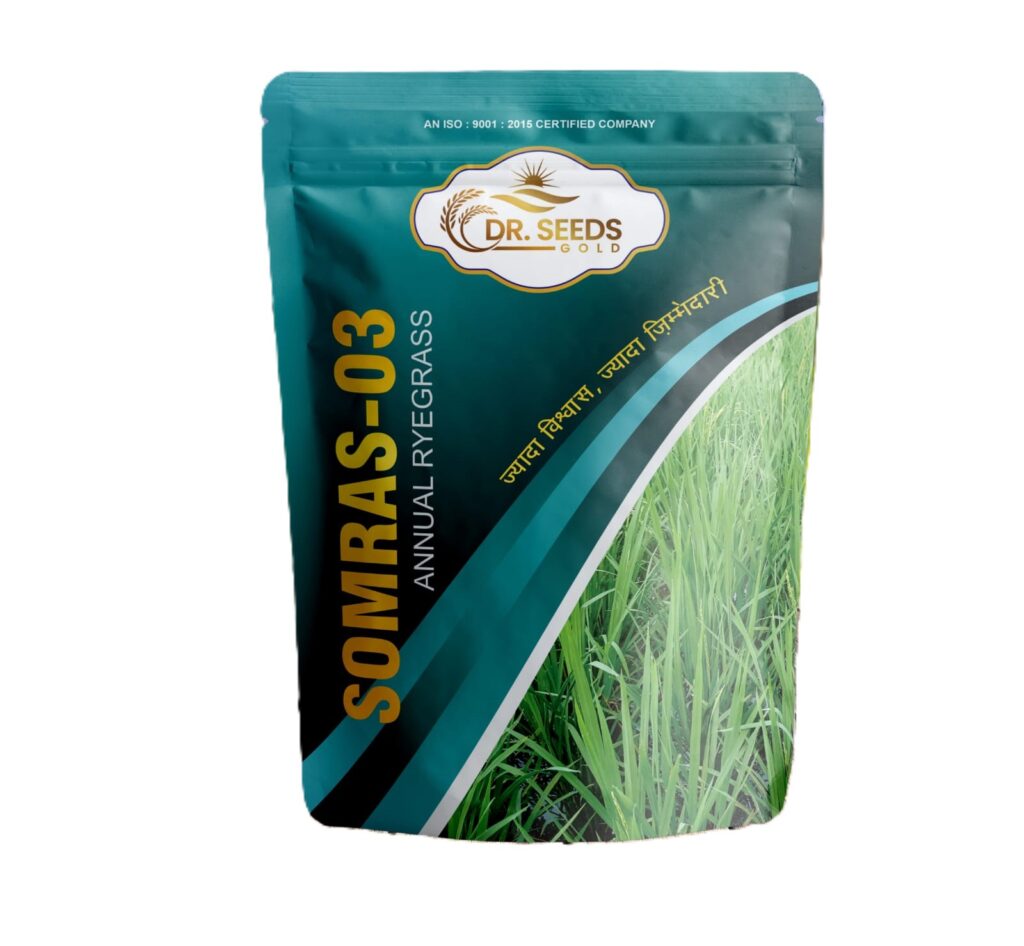
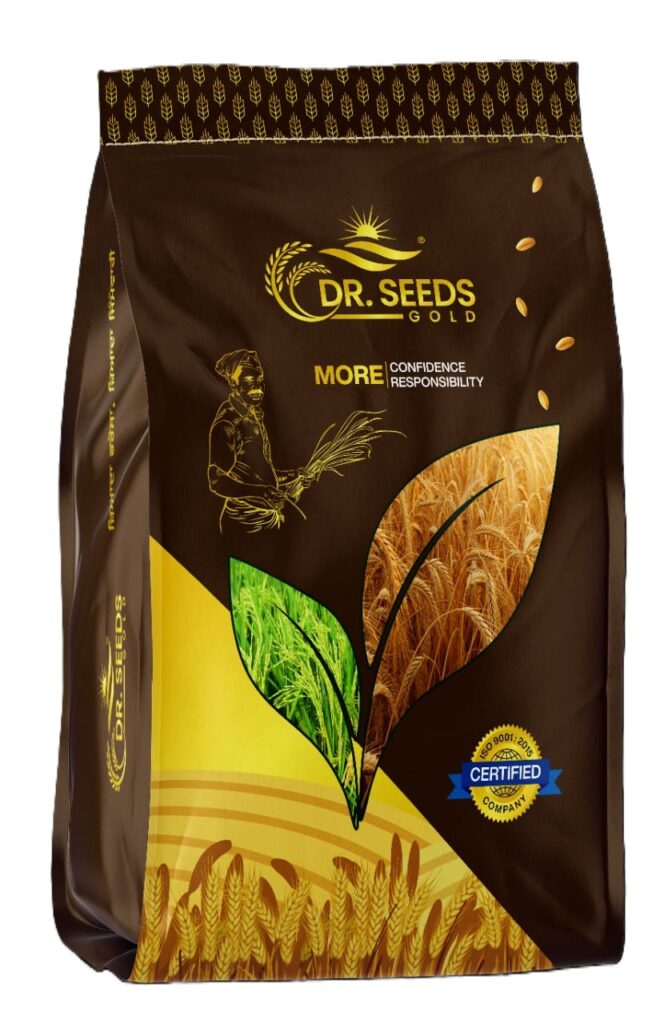
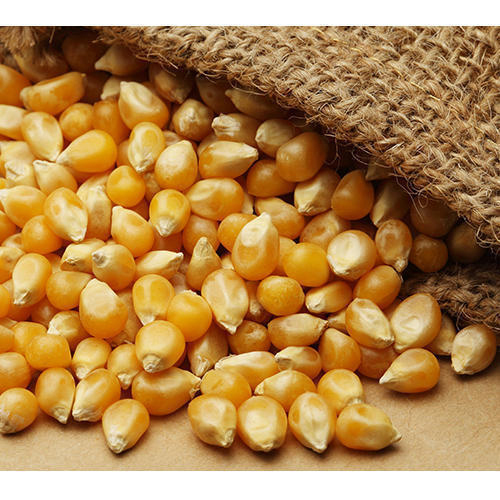
VEGETABLE SEEDS

SPINACH
As a versatile and nutritious leafy green, spinach is a staple in many kitchens and farms. Our premium spinach seeds are carefully selected to ensure fast germination and robust growth. Spinach thrives in cooler temperatures, making it ideal for spring and fall planting. Known for its high levels of vitamins A, C, and K, along with essential minerals like iron and calcium, spinach is an excellent choice for both home gardens and commercial farming. Our seeds are resistant to common pests and diseases, ensuring a healthy, abundant crop.

CORIENDER
Coriander, known for its aromatic leaves (cilantro) and flavorful seeds, is a popular herb in many culinary traditions. Our coriander seeds are of the highest quality, offering vigorous growth and high yield. Coriander grows well in a variety of climates, making it adaptable for different farming conditions. It’s a dual-purpose crop: while the leaves are harvested fresh, the seeds are dried for spices. Rich in antioxidants and known for its digestive benefits, coriander is a valuable addition to any farm or
garden.
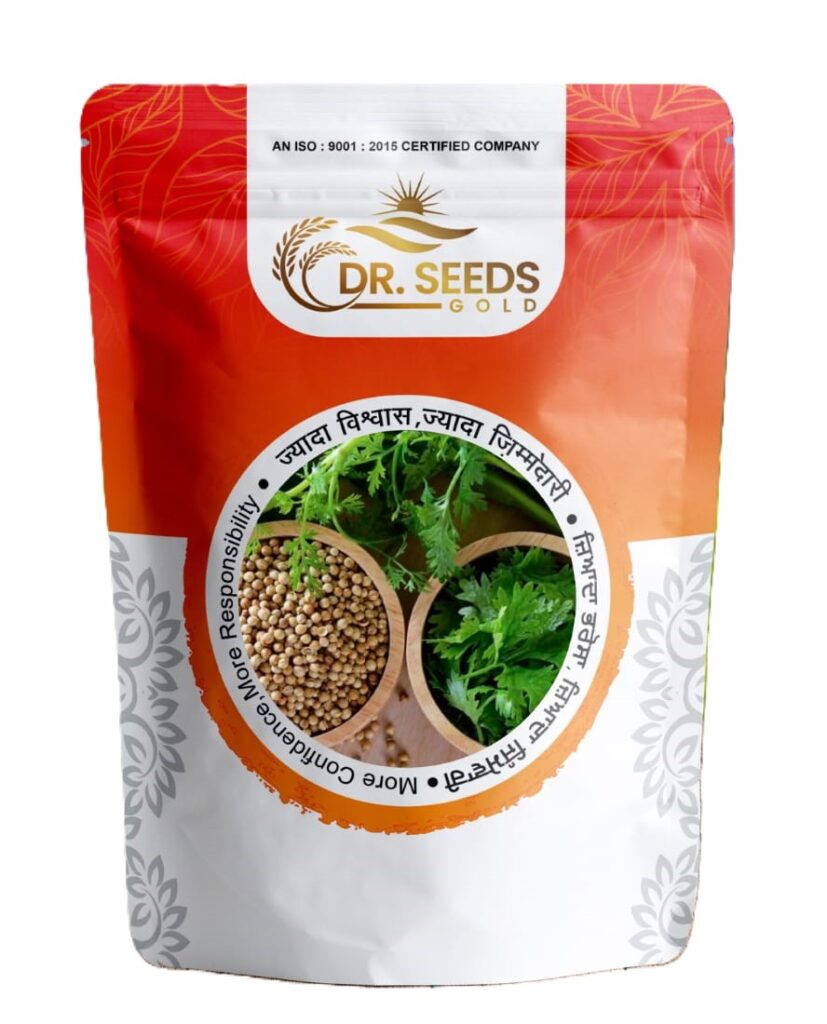
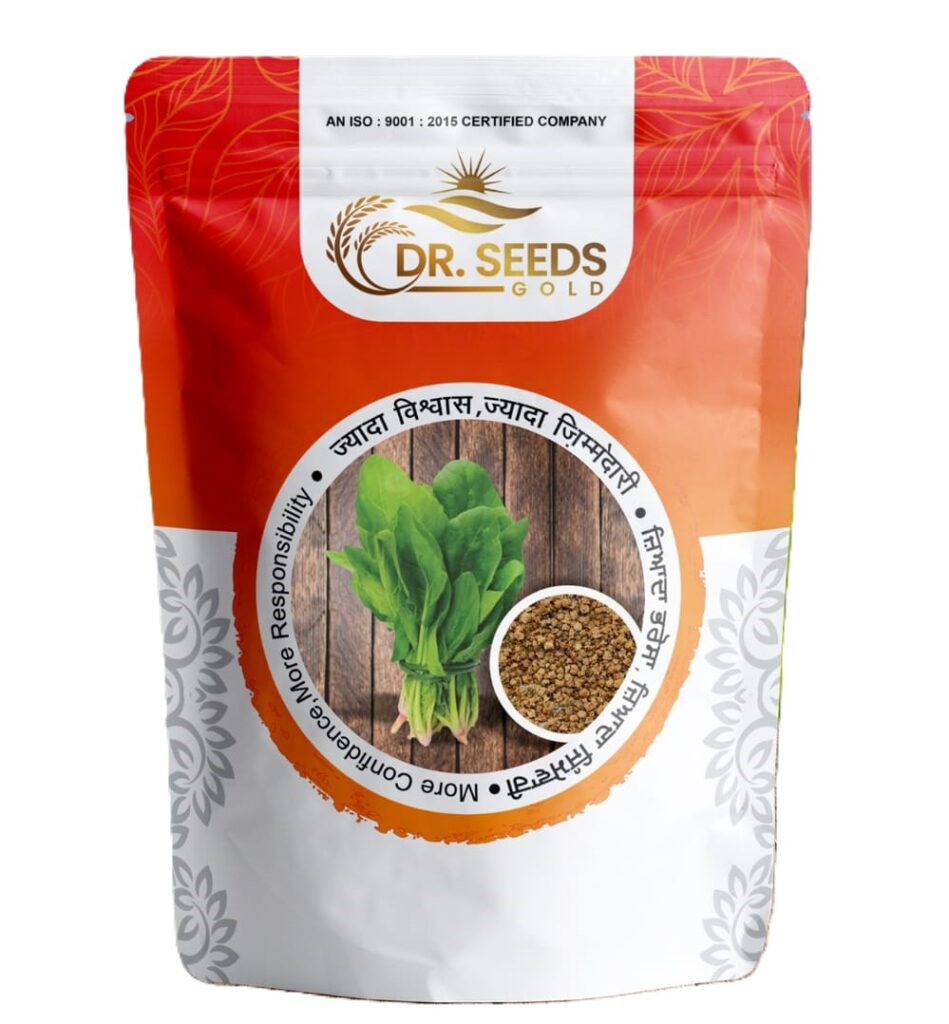
ARE YOU LOOKING FOR TOP QULAITY SEEDS &
BEST PLANT GROWTH SOLUTIONS?

As a seed producer, it’s important to provide your farmers with clear and helpful information. For the best results, always select high-quality seeds that are suited to the specific climate and soil conditions of your farm. Look for certified seeds that are disease-resistant and have a high germination rate. This will ensure healthy crops and a better yield.
For plant growth, it’s essential to use the right fertilizers and nutrients. Organic compost or balanced fertilizers can boost soil fertility and promote strong plant growth. Encourage proper watering techniques to avoid overwatering or drought stress. Regularly check the plants for pests and diseases, and consider using natural pest control solutions to maintain plant health.
Also, remind farmers about crop rotation and planting at the right time of year to improve soil health and reduce pest problems. Finally, continuous learning and experimentation with new seeds and methods will help farmers stay competitive and productive.
By following these guidelines, your farmers can achieve stronger, healthier crops and a more successful harvest.
